In-House Community Magazine sits down with Ban Jiun Ean, and talks to him about coming back to Maxwell Chambers as its Chief Executive, ADR, and the future of the dispute resolution centre in Singapore.
You have recently taken up the mantle of Chief Executive of Maxwell Chambers, but this isn’t your first turn at the helm – you previously served as CE from 2010 to 2015. What have you been busy with while away?
I’ve been on a fairly eclectic journey, spending time developing and running a theatre and arts centre, launching a World War 2-themed board game and several educational card games (one of which is still being used in schools till this day), and writing three young adult fiction novels. I also ran the Singapore Mediation Centre for three years prior to returning to Maxwell, working to build the mediation scene in Singapore.
Leaving Maxwell Chambers in 2015, after having steered the organisation from inception to a good measure of success, what were your biggest takeaways and lesson learned?
One of my biggest lessons learnt was that there is a huge gap between a good idea on paper and a good idea properly executed. There are literally thousands of brilliant ideas sloshing around all over the world, but few of them have been translated into actual products or services that can benefit customers. So I’ve learnt to manage the idea generation phase better and to lean heavily into building teams that are good at execution.
Returning in 2022, what is your vision for the future direction of Maxwell Chambers under your present leadership?
The priority at the moment is to address the challenges thrown up by the pandemic, namely the need for much heavier investment in technology to accommodate large numbers of virtual or hybrid dispute resolution hearings, with attendant manpower and maintenance requirements. Even room layouts that were conceived pre-pandemic now have to be reviewed and redone to incorporate the additional equipment that will compete for space with the clients and their workspaces. In the longer term, there is a need for Maxwell’s offerings to evolve beyond just providing physical hearing rooms and in-person white-glove services. We need to expand into providing services that transcend our borders, and even, the physical realm entirely. In short, we are working to spin up a digital business in Maxwell, that is both complementary to our existing physical business, and yet visionary in scope and ambition.
In your career, you will have seen Alternative Dispute Resolution develop from multiple angles – both from the legal practice perspective and the mediation institution. In what ways has ADR changed most in the last 10 years and how might it still need to develop further?
I think the adversarial nature of dispute resolution has evolved over time as clients becoming increasingly conscious of the cost and business damage done by long, acrimonious proceedings. There is a stronger emphasis on problem solving as opposed to rights-defending, and hybrid dispute resolution clauses like Arb-Med and Arb-Med-Arb are becoming more commonplace. It still has some ways to go to really be as cost-effective as it can be, though, as the adoption of mediation or hybrid clauses remains uneven from jurisdiction to jurisdiction.
The pandemic saw us move much of our lives online. Has this had any lasting effect on the ADR hearing venue scene?
Most definitely. There is now almost certainly a permanent shift towards procedural or direction-setting meetings taking place online only, even with borders open and international travel permitted in most countries. This is simply due to cost and convenience, given these are shorter and more straightforward meetings. Full trials, however, largely remain in-person, with a hybrid element, such as witnesses being cross-examined online rather than being flown in to the hearing venue. This template appears to offer the best compromise of all the different considerations of cost, convenience and carbon-consciousness, weighed against the effectiveness of the experience, and is likely to be the default for the foreseeable future.
While not making an impact in the world of ADR, how do you enjoy spending your time?
I spend time with my family watching movies or playing sports, and I frequently play strategy games with friends.
Lastly, do you have any words of advice you have found to be true in your career thus far that you’d like to share?
I would encourage people to not wait until they retire to pursue some of their dreams in life. We never know how many days we have left on this Earth, and regret is the one kind of failure you can most do something about. There is a myth that chasing career success and financial security leads to happiness, but it doesn’t as often as it does. Thankfully, a lot of people discovered this during the pandemic, and have re-oriented their priorities.
For the rest, I would urge them to give some thought to what they really want in life, how they would like their lives to have gone when they are at the end of it looking back, and to live in that way, intentionally.


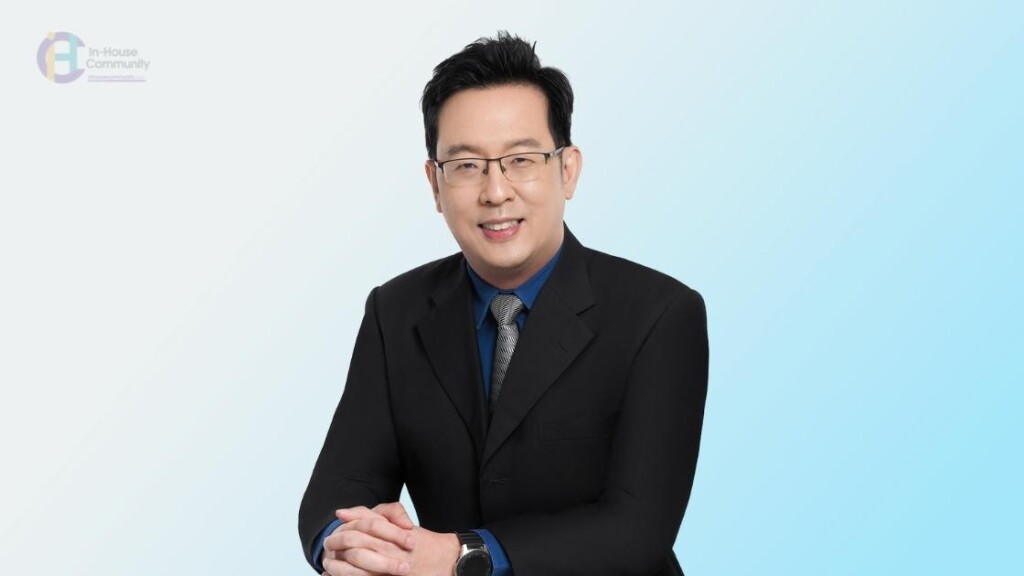


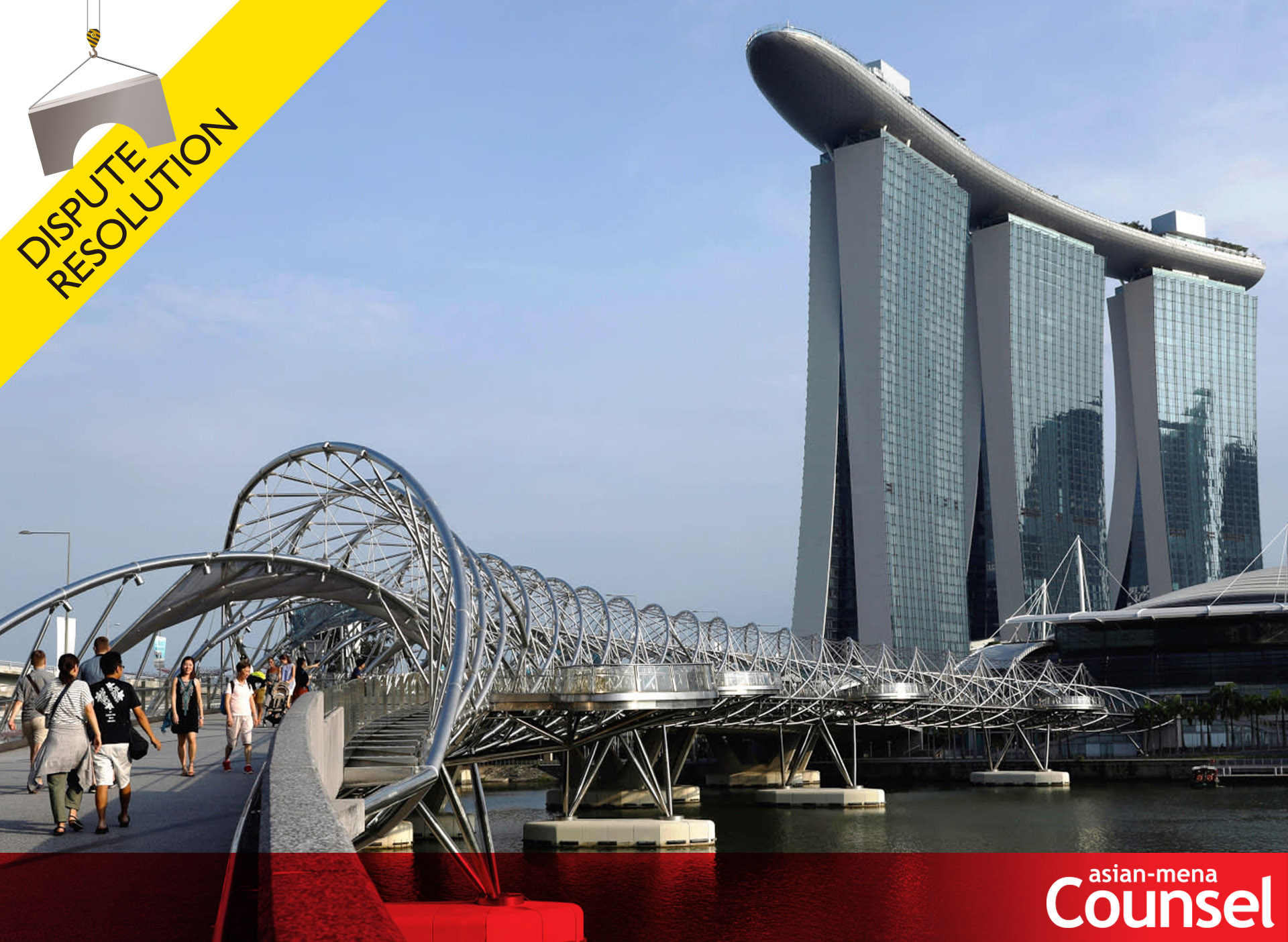

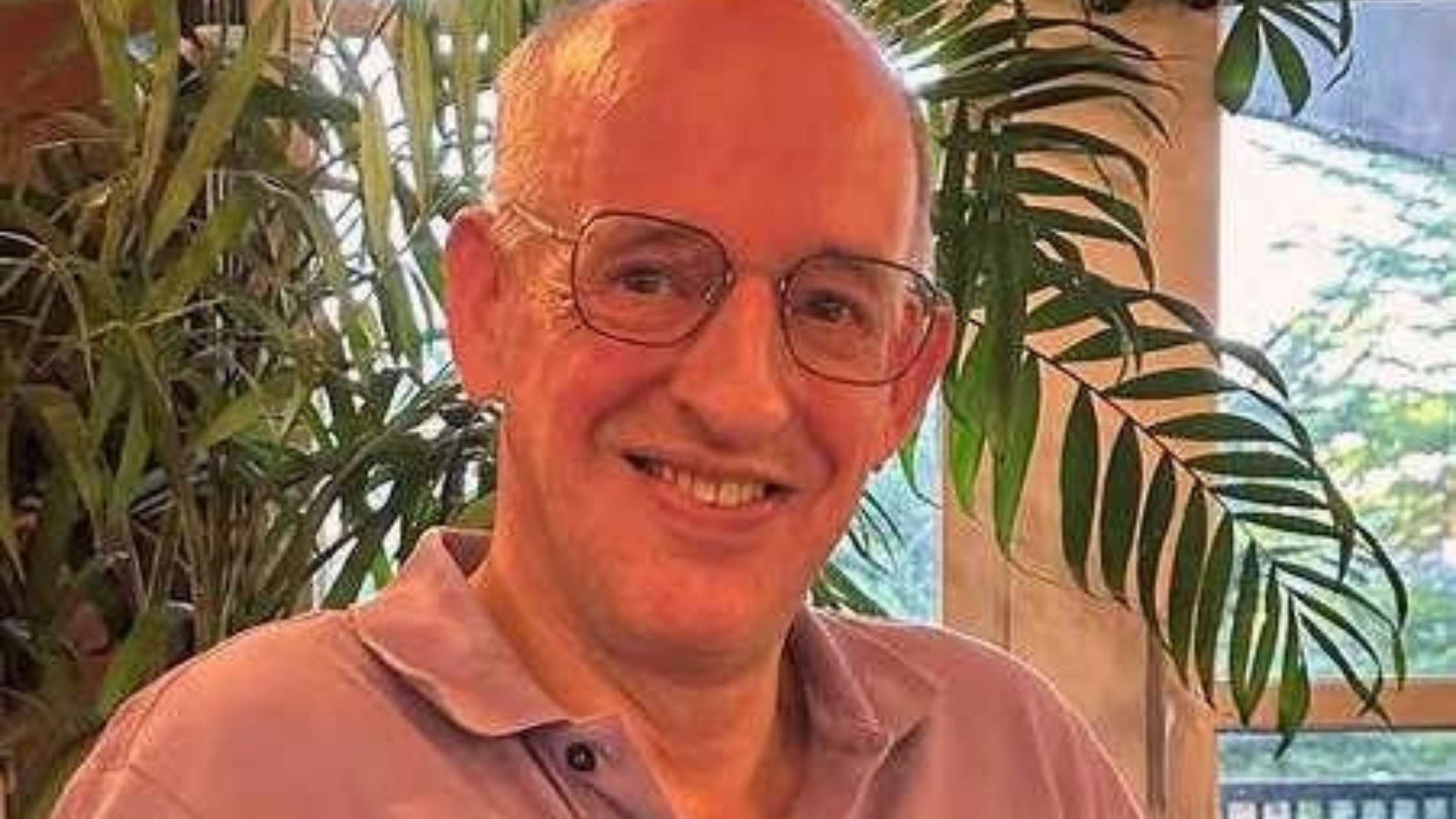



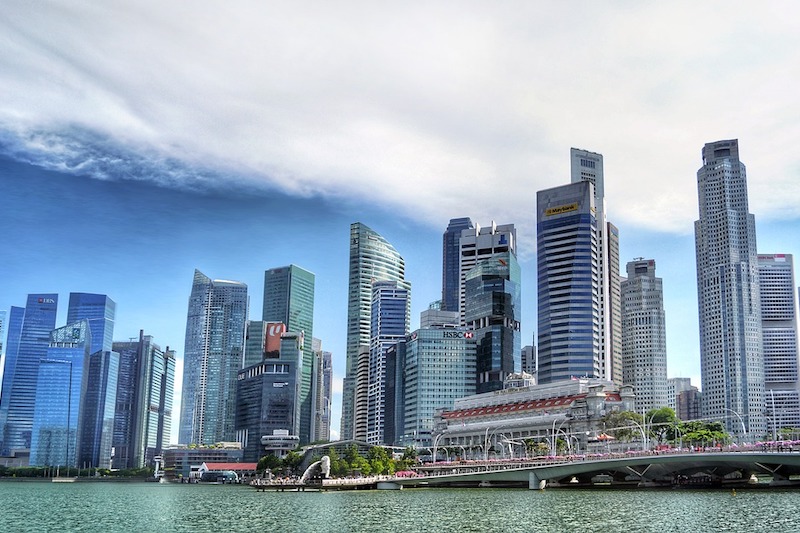


 Maxwell Chambers
Maxwell Chambers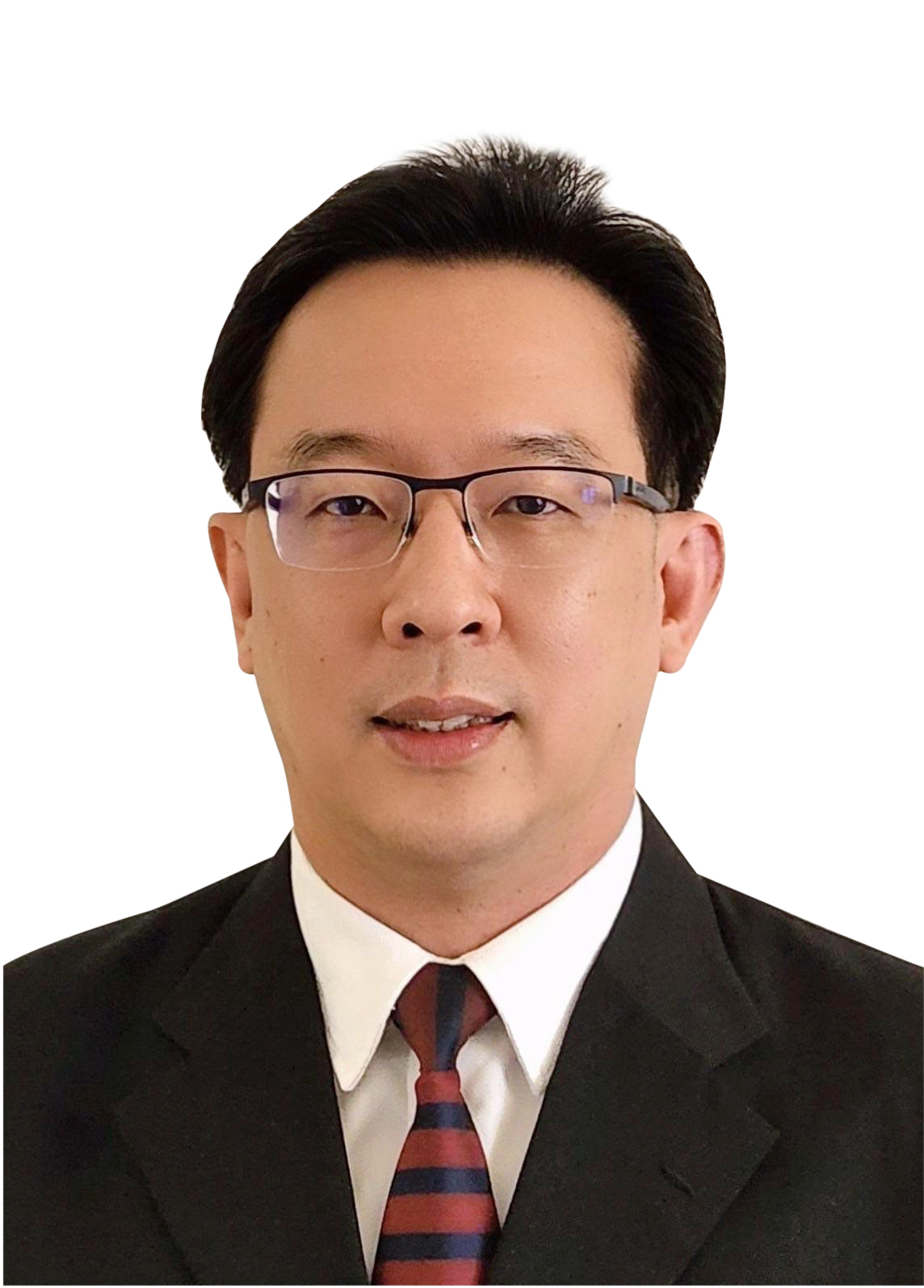 Ban Jiun Ean
Ban Jiun Ean




